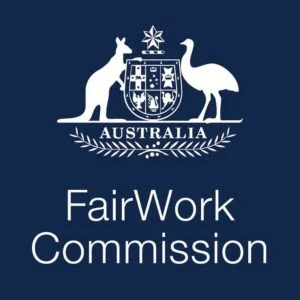Requiring Parental Leave? Your workers’ rights in South Australia

What’s in a day? Determing what is a ‘day’ of personal leave

High Court Delivers Landmark Judgment On 13th August 2020, the High Court handed down the landmark decision of Mondelez Australia Pty Ltd v Automotive, Food, Metals, Engineering, Printing and Kindred Industries Union [2020] HCA 29 (‘Mondelez v AMWU’). The matter clarifies the interpretation of the ‘10 day’ entitlement of personal/carer’s leave under section 96(1) […]
Superannuation – What to Know

Been Unfairly Dismissed? Here’s what you need to do

Seek legal advice – ASAP! If you have a claim for Unfair Dismissal, you have only 21 days from being told that you are dismissed to do so. You may also be interested in Unfair Dismissal. Keep a copy of any relevant documents Gather up the documents your employer gave you; you will need these […]











